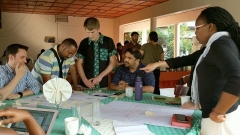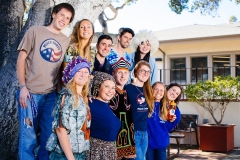How to Get Hired in International Development (during a Pandemic)
| by Jason Warburg
Career Advisor Scott Webb MPA ’07 draws on years of experience in the field to offer advice and insights on how to get hired in international development, even during a pandemic.


